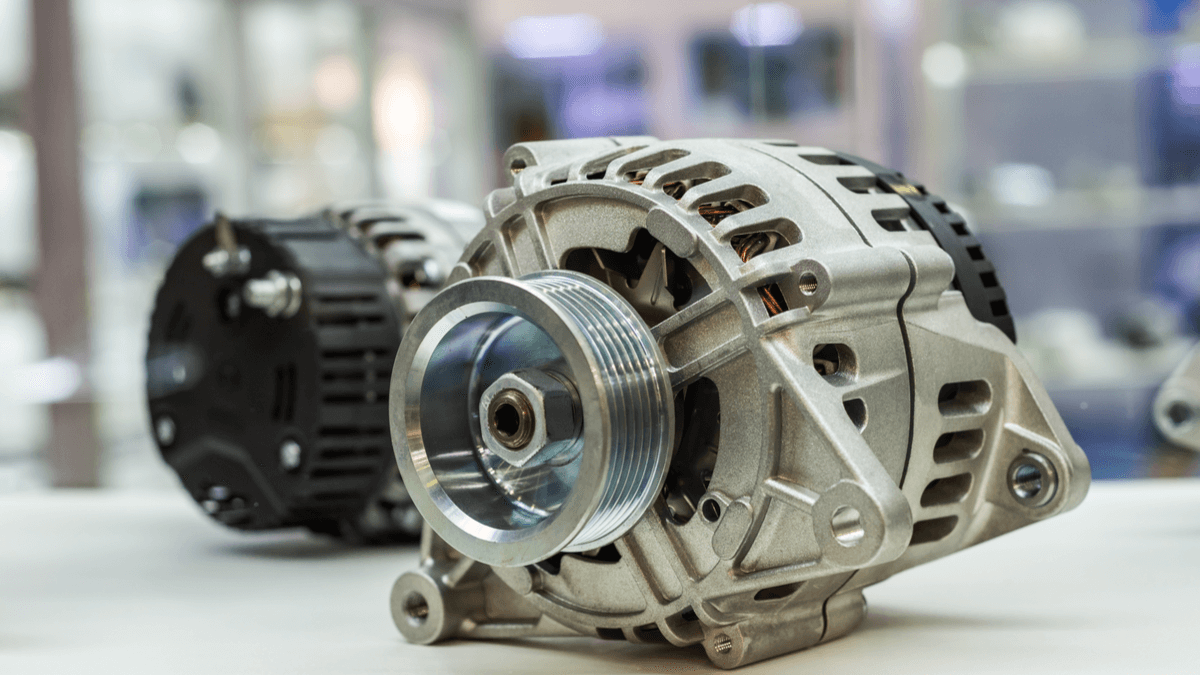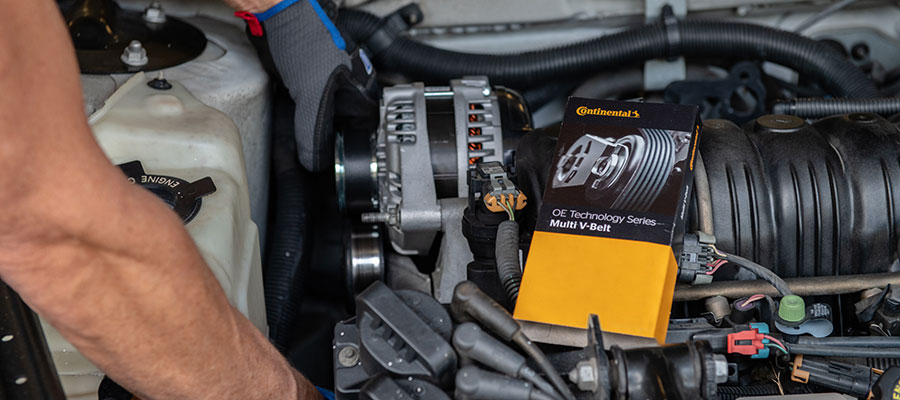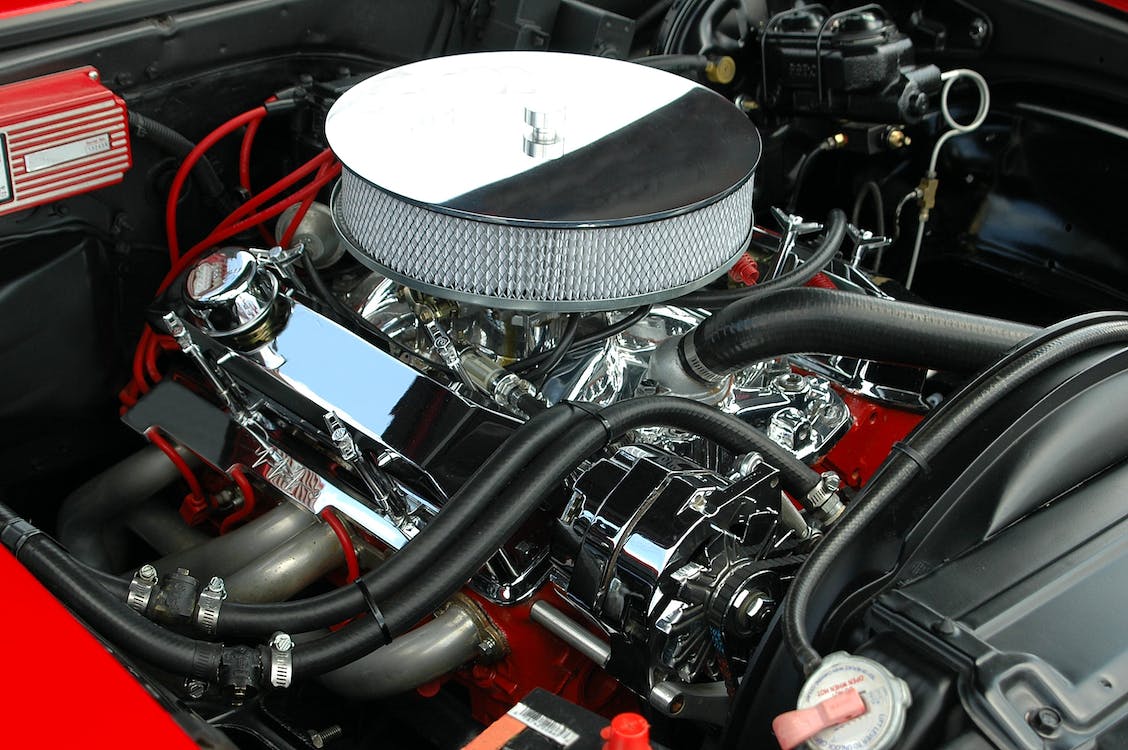A dead battery is a common issue, especially if you have to change your alternator. This may mean that your alternator did not charge your battery, and that is why it is currently dead. One way to fix this is to have the battery charged at a mechanic shop, or auto parts store, or to idle your vehicle after a jumpstart.
If you’re having car trouble and your alternator is to blame, don’t worry – you’re not alone. You’re in good company because I just went through the same thing. If you changed the alternator and car won’t start, check these issues:

Contents
Why Your Car Won’t Start if You’ve Changed the Alternator – 4 Reasons
If you changed the alternator and car won’t start, there are a few things that could be the culprit.
- First, check all of the obvious things like making sure the battery is connected and that all of the cables are tightened down.
- If everything looks good there, move on to checking the fuses.
- If the fuses are all good, then it’s time to check the voltage output of the new alternator. Most alternators have an external voltage regulator that can be adjusted. If the voltage output is too low, it can prevent the car from starting.
- Finally, if none of those things is the problem. It’s possible that the new alternator is simply defective and will need to be replaced.
How to Tell if Your Alternator Is the Problem – 4 Ways
If your car isn’t starting, and you think the alternator might be the problem, there are a few things you can do to check.
- First, check the battery. If it’s dead, then it’s probably not the alternator that’s the problem.
- If the battery is old, or if it was recently jump-started, then it might just need to be recharged.
- If the battery is fine you can check the alternator by starting the car and then disconnecting the battery’s positive terminal.
- If the car dies, then it’s probably the alternator that’s at fault.
What Should You Do After Replacing The Alternator?
After replacing the alternator, it is advised to test it properly to ensure it is properly working and installed correctly. To test the alternator, look at all its wires and joints to see if they are appropriately tightened.
What to Do if Your Car Won’t Start After Changing the Alternator?
If you changed the alternator and the car won’t start, there are a few things you can do to try and troubleshoot the issue.
- First, check to make sure that the battery is properly connected. If the battery is not connected or is not connected securely, this can prevent the car from starting.
- Next, check all of the fuses in the car. If any of the fuses are blown, this can prevent the car from starting.
- Finally, if neither of these solutions works, it is possible that the alternator itself is defective. If this is the case, you will need to take the car to a mechanic or a dealership to have it replaced.
How to Avoid This Problem in the Future
If you changed the alternator and the car won’t start, there are a few things you can do to avoid this problem in the future.
- First, make sure the battery is properly charged.
- Second, clean the connection between the battery and the alternator.
- Third, check the fuses and relays associated with the alternator. fourth, have your alternator tested regularly by a professional.
What Other Problems Could Be Causing Your Car to Not Start
Other potential causes of your car not starting could include a faulty starter motor, a dead battery, loose or corroded battery terminals, a blown fuse, or a problem with your ignition switch.
How to Troubleshoot Starting Problems – 3 Troubleshooting Ways
If your car won’t start, it’s usually due to one of three things: the battery, the starter, or the fuel system. You can troubleshoot each of these problems in a few different ways.
- If the problem is with the battery, you’ll want to check the connections and make sure they’re clean and tight. You can also test the battery with a voltmeter to see if it’s receiving power. If it’s not, you’ll need to replace it.
- If the problem is with the starter, you can test it by disconnecting the battery and connecting a jumper cable from the positive terminal to the starter terminal. If the starter turns over, you know it’s working and the problem is elsewhere.
- If the problem is with the fuel system, you’ll want to check the fuel pump and make sure it’s getting power. You can also check for leaks in fuel lines or injectors.
When to Call a Tow Truck or Mechanic?
If your car won’t start, you may need to call a tow truck or mechanic. But how do you know when it’s time to call for help? Here are some signs that it’s time to call a tow truck or mechanic:
- You hear a clicking sound when you turn the key. This could be a sign that your battery is dead or that your starter is going bad.
- The engine cranks but doesn’t start. This could be due to a fuel issue, such as a clogged fuel filter, bad fuel pump, or empty gas tank. It could also be due to an ignition issue, such as a bad spark plug or coil.
- The engine starts but stalls. This could be caused by a number of issues, such as a dirty air filter, faulty sensor, dirty throttle body, or low oil level.
- The check engine light is on. This could indicate a serious problem with your engines, such as a misfire or head gasket leak. If the light is blinking, it could be an indication of an even more serious problem that requires immediate attention.
If you’re experiencing any of these problems, it’s best to call a tow truck or mechanic for help. Changed the alternator and the car won’t start, trying to diagnose and fix the problem yourself could make the situation worse and potentially dangerous.

What to Do if Your Car Won’t Start and You’re Stranded
If you’ve left and your car won’t start, there are a few things you can do to try to get it going again. First, check the basics: ensure the battery is fully charged, the fuel tank has enough gas, and no debris blocking the exhaust pipe. If those things are all in order, then it’s time to troubleshoot the problem.
There are a few common reasons why a car won’t start:
- The battery may be dead or too weak to turn over the engine.
- The starter may be faulty and need to be replaced.
- The fuel system may be clogged or have insufficient pressure.
- The ignition system may be malfunctioning.
If you’re still stranded after checking all of these things, then it’s time to call for help. If you have a roadside assistance plan, use it to call for a tow truck or other assistance. If you don’t have roadside assistance, then you’ll need to call a tow truck yourself and have your car towed to a nearby mechanical garage for repairs.
FAQs (Frequently Asked Questions)
What to Do After Replacing the Alternator?
- Check the Battery.
- Check the Alternator’s Wires and Cables.
- Check the Fan and Pulley.
- Confirm You Used the Right Hardware.
- Confirm the Speed.
- Finish By Testing the Alternator.
- Get a New Alternator at Massey Yardley CDJR.

